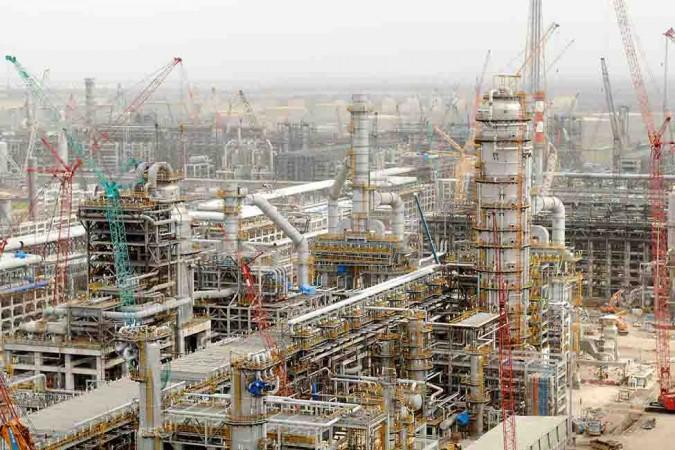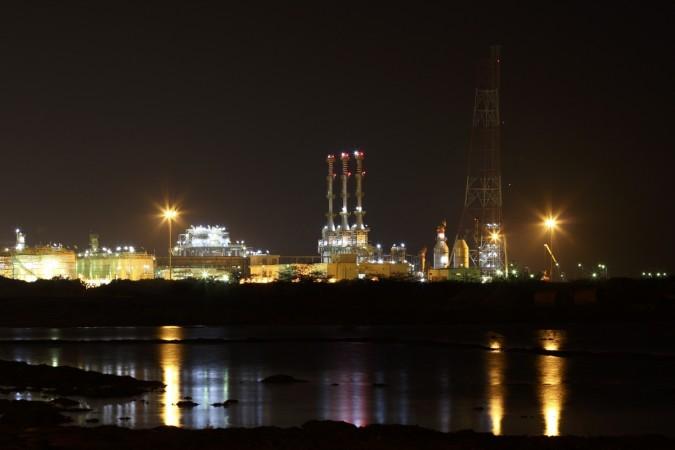
India's largest private-sector conglomerate by revenue Mukesh Ambani-led Reliance Industries Limited (RIL) crashed for the fourth successive session on Thursday, losing more than 10 per cent and erasing about Rs 70,000 crore ($10 billion) from the market. Observers attribute the slide to a rating cut by Morgan Stanley to equal weight and global fears worsened by the election outcome fears.
The brokerage firm expects the earnings growth of the company, that has interests in oil to retail, to halve in FY20, after maintaining 17 per cent compound annual growth rate (CAGR) between FY17 and FY19.
Morgan Stanley said that earnings upswing of the last two fiscal is likely to reverse and the upside appears limited, as the company's core oil business drags, according to a report in Mint. RIL owns the world's largest refinery in Gujarat state's Jamnagar. "The rising glut in gas and polyester markets could also slow growth into 2020," said the brokerage firm.
RIL was at an intraday low of 1,265 at noon on the National Stock Exchange (NSE), marking a two-month low, falling for the fourth successive session. The stock has been affected by the bearish market sentiment over the worsening US-China trade wars after US President Donald Trump tweeted about raising imports tariffs against China, and the domestic markets' uncertainty over the poll outcome.

With only two phases of voting left, indications are that the Prime Minister Narendra Modi's Bharatiya Janata Party (BJP) government, generally seen as market-friendly, may not secure a majority in the Lok Sabha. This could mean the party may have to head a minority government in coalition with smaller parties that could result in administrative bottlenecks. The next polling day is May 12 and the final phase on May 19, while the result will be announced on May 23.
The benchmark indices continue to fall through the day, with Bombay Stock Exchange (BSE) Sensex sliding to 37,480 points by noon and NSE Nifty dipping below 11,300.
The US dollar gained 0.36 per cent against the rupee with the Indian currency weakening to above Rs 70 a dollar, affecting the shares of all import-intensive companies including RIL. The 0.82 per cent fall in the Brent crude to $69.79 a barrel overnight also contributed to the company's worries.
"We expect RIL's two-year earnings upswing to reverse, yet investors are dismissing refining headwinds amid tighter crude markets. A rising glut in the gas and polyester markets could also slow growth into 2020. Upside appears limited amid core business drags, with no material capacity adds," said Morgan Stanley in its report.














